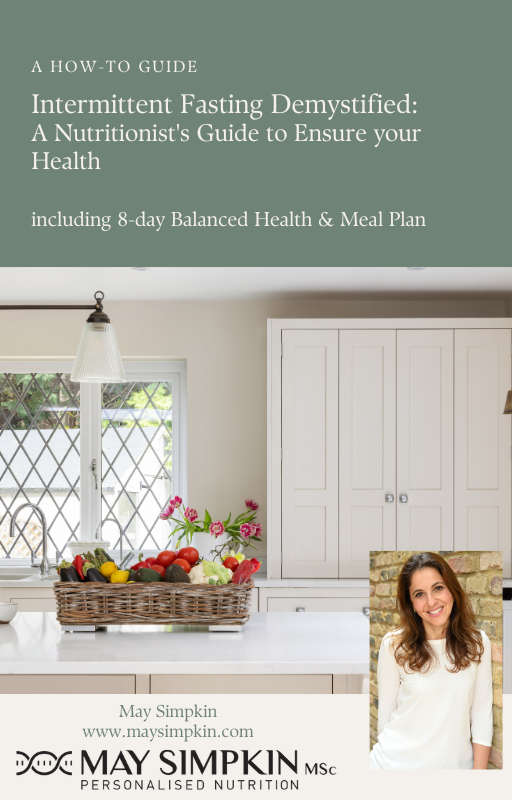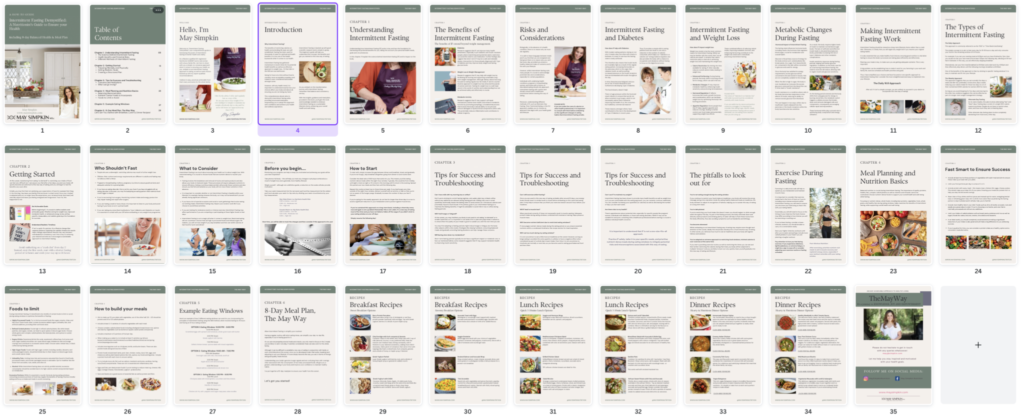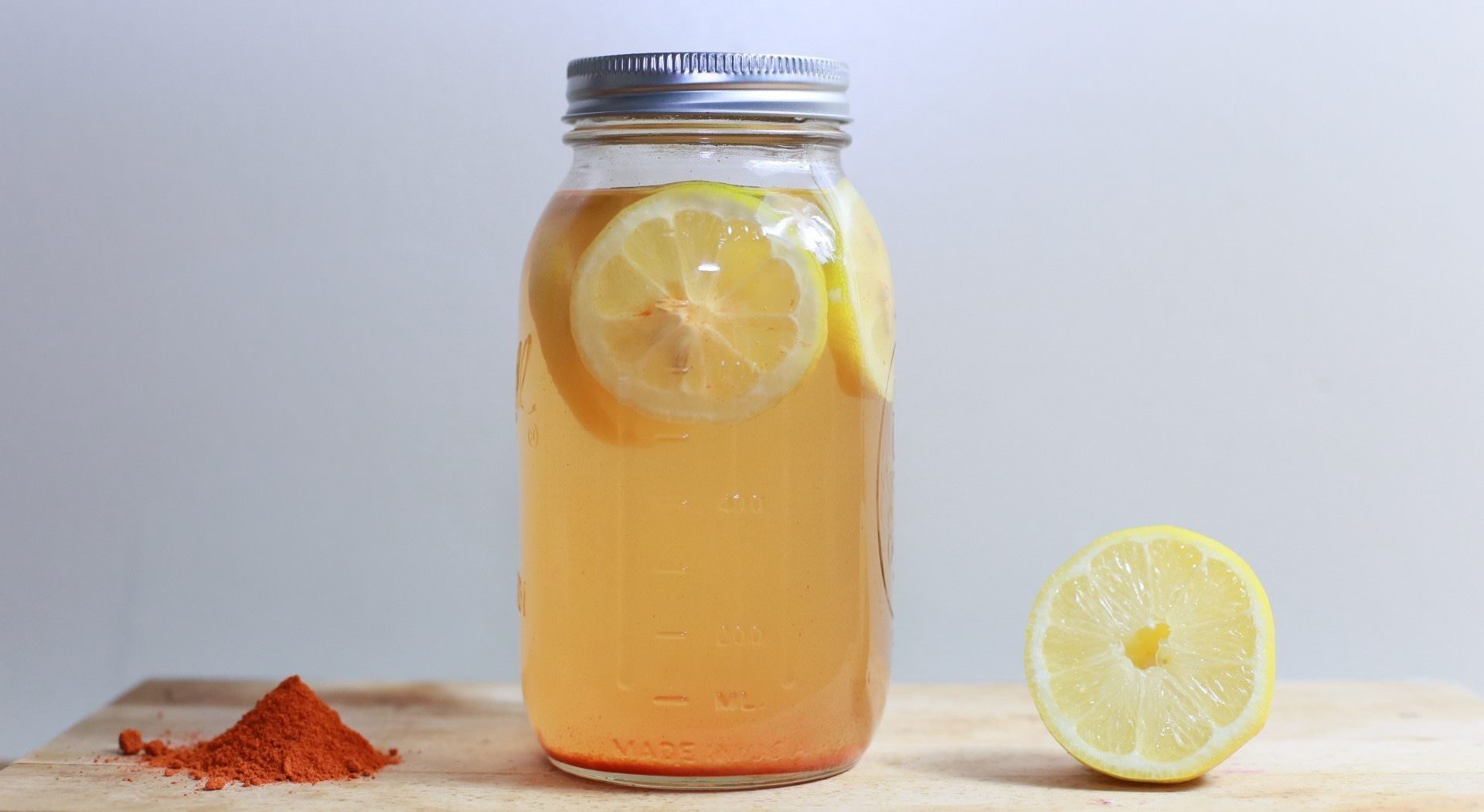
We see this term in many health articles and indeed, this ubiquitous term is often closely followed by the word “antioxidant”…but what exactly is Oxidative Stress?
Oxidative stress is a type of stress that we cannot see, as it affects the cells deep inside our bodies. It causes damage but more specifically, damage to the mitochondria, which are the powerhouses of each cell, thus affecting the amount of energy they produce and need to function.
With this loss of function comes less efficient performance and ageing, manifesting itself as fatigue, poor skin health, depression, IBS and much more.
Do food and lifestyle affect oxidative stress?
Our food choices contribute to oxidative stress, with a diet high in processed foods and sugars being the worst culprit. However, our external environment is also a significant contributor:
- Pesticides
- Heavy Metals (found in large fish)
- Chemicals such as BPA plastics
- Antibiotics and other mediations
How does this affect us?
- The liver is responsible for removing these toxins and if it has too much to deal with, it becomes overloaded and oxidative stress increases
- A diet high in sugar will lead to weight gain. The extra weight leads to increased oxidative stress
- Heavy or regular use of painkillers, antibiotics or other medications such as Proton Pump Inhibitors (PPIs) affects your gut flora; the bacteria balance in your gut. This compromises digestion and causes leaky gut, allowing larger toxins to pass from the gut into the bloodstream.
So, I’ve made it easy for you and narrowed it down to…
3 simple ways you can minimise oxidative stress:
- Choose foods that have no ingredients list, in other words, cook from scratch from basic raw foods as far as possible. This will minimize the chemicals and sugar you consume.
- Add colour to every meal! The more rich and colourful a fruit or vegetable, the more antioxidants you will be consuming. These antioxidants will “eat up” the damaging free radicals produced as a result of oxidative stress. You’re aiming for 7-a-day!
- Good quality SLEEP; this is when your body rests and repairs; reversing the effects of oxidative stress and ensuring that it is ready for a productive and efficient day ahead. Focus on a regular bedtime routine avoiding stimulants such as caffeine or white light from phones or screens.
Nutri-ful! Nugget: Your body is incredible and can adapt to meet its demands. The more support you can give it, the more it can recover and meet your health goals.
Take Control of your Health….
By attending a one-to-one Nutritional Therapy consultation, I will be able to link your current diet choices and lifestyle to any symptoms and provide a sound understanding of your nutritional requirements. I will then discuss a specific protocol to help you achieve your health goals, which will include diet/lifestyle recommendations and if necessary, supplement advice and nutritional tests. I can recommend tests to check for vitamin and mineral deficiencies, stress levels, hormone imbalances, food allergy/intolerances and how well you digest and absorb your food. The tests I offer are often more comprehensive than the standard tests offered by your GP and I will provide full interpretation.








0 Comments